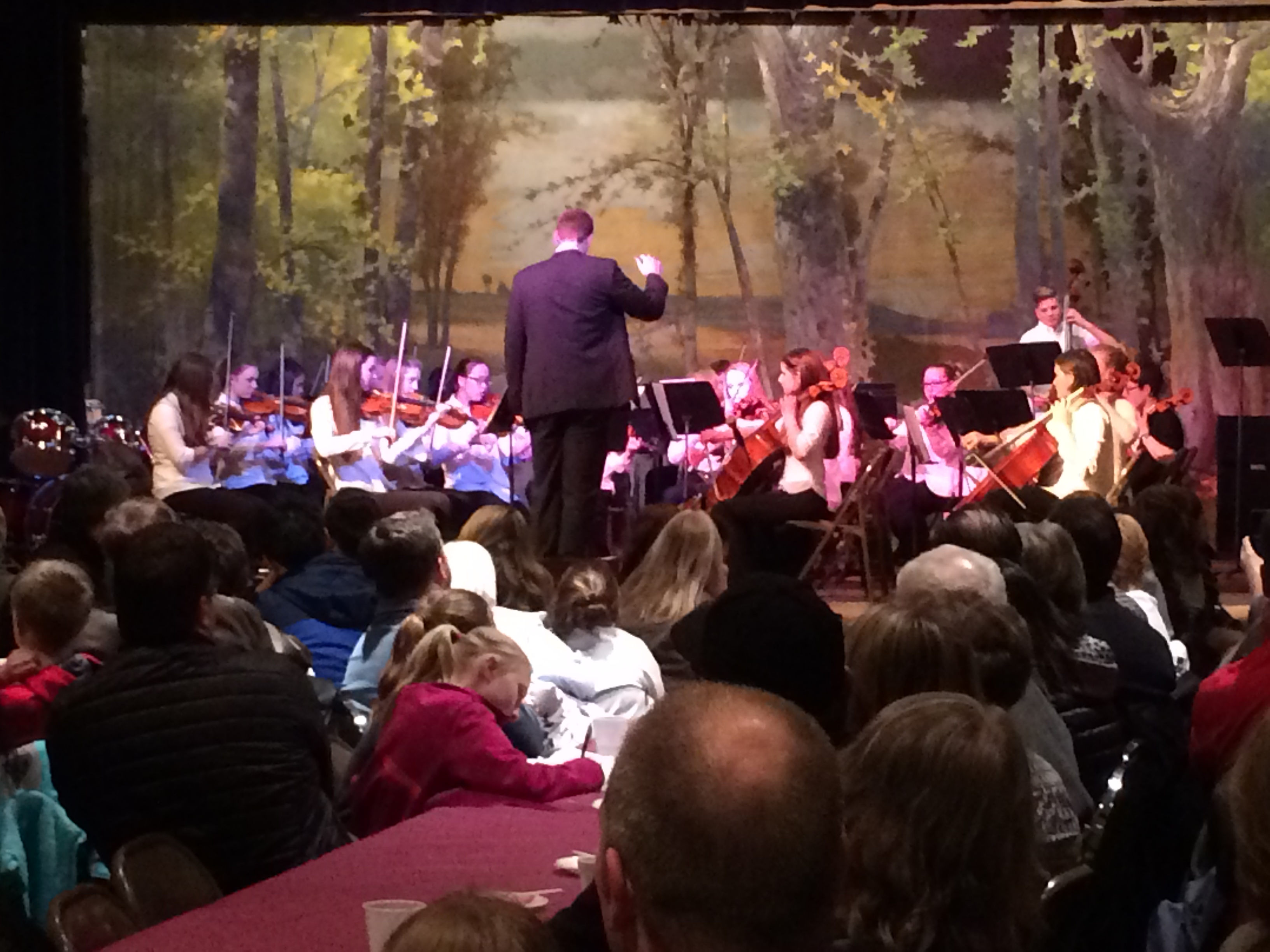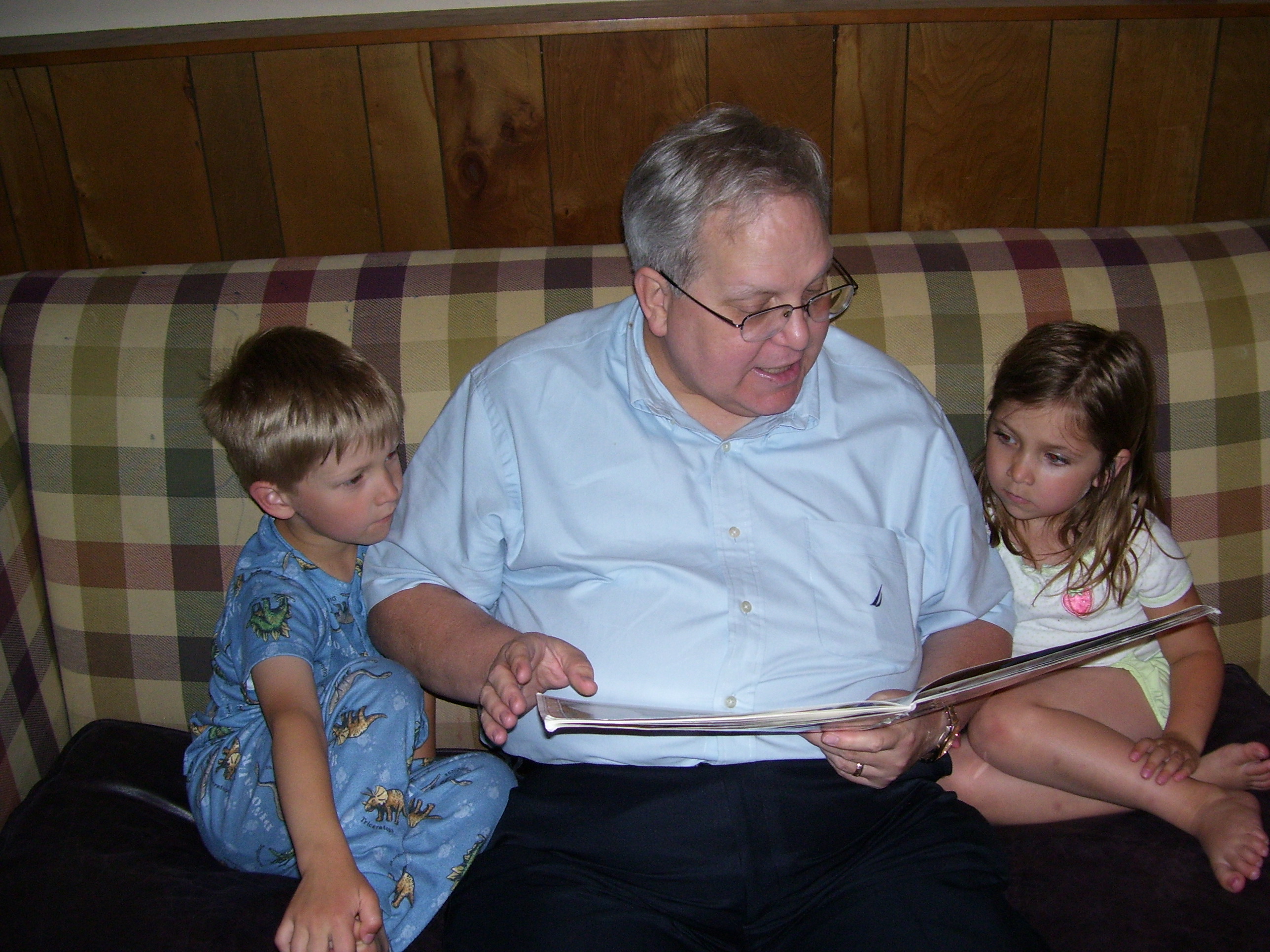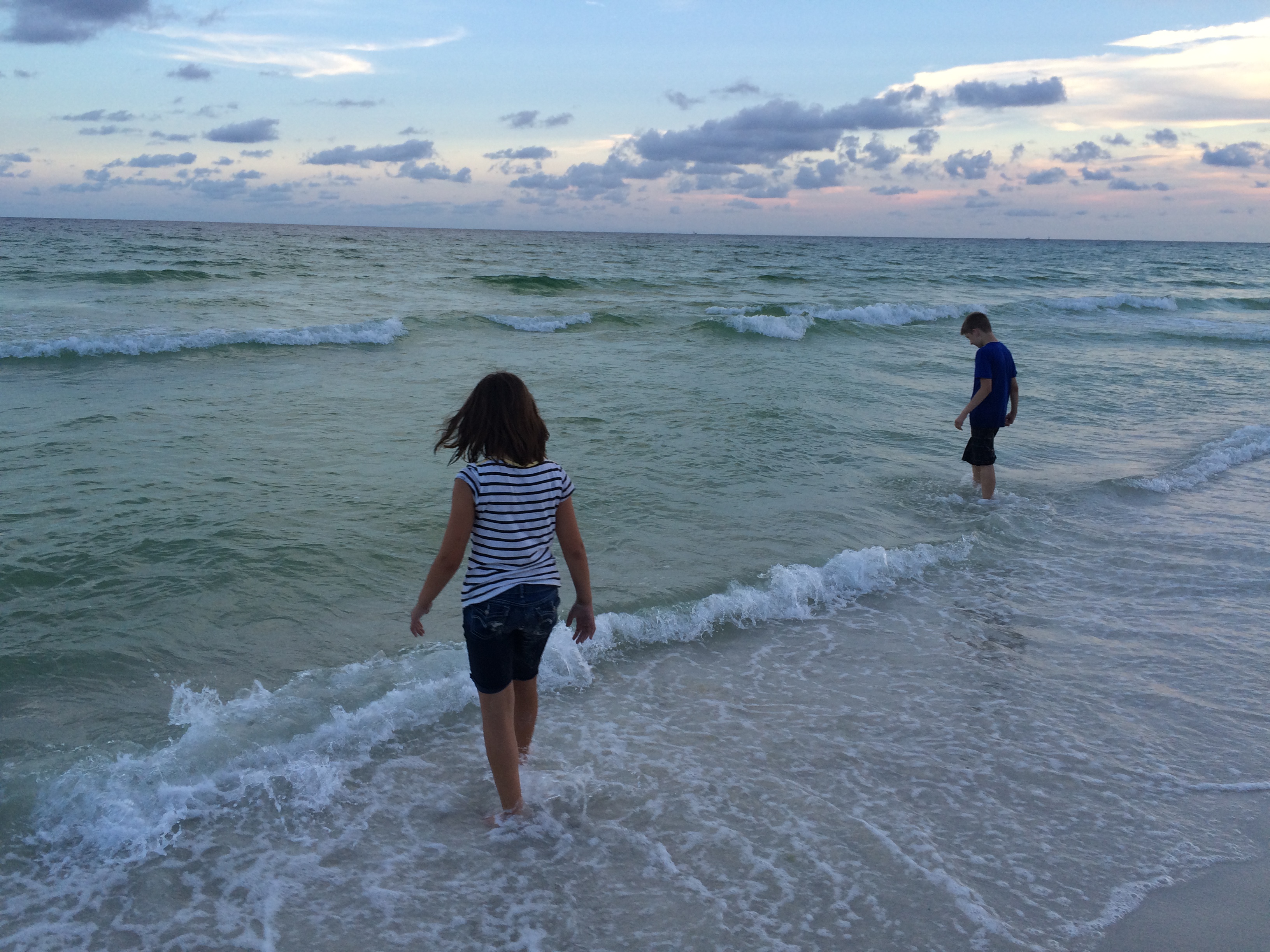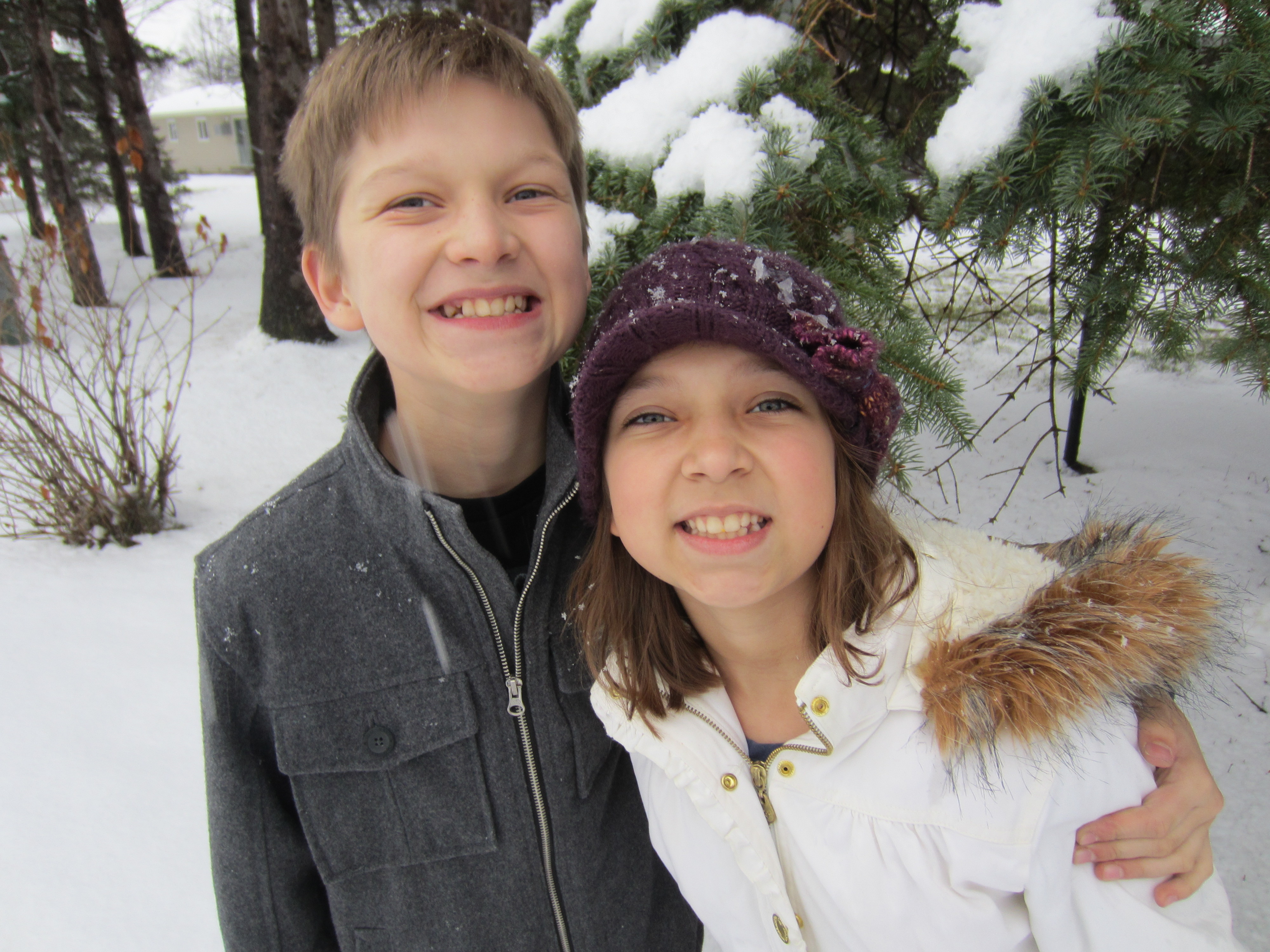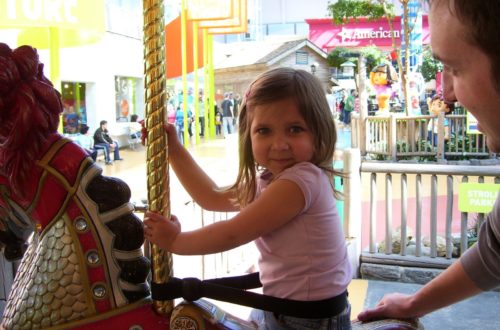
Grown up lessons

I thought that I was over the whole “I don’t care what people think about me and my family” business, but apparently I’m not.
When J was a toddler and I was in the throws of being introduced to the autism experience, I had a sort of crisis of confidence. Not only was my child not “performing” like his peers at peer play groups (and I was enduring daily every mom’s verbal gushing about how wonderfully smart and talented and, well, genius each of there kids were), but I was also struggling with the very public meltdowns. The crying and tantrums at Walmart if we entered the store at a different entrance than the usual one. The roll-around-on-the-floor-screaming for 5-10 minutes at Target while senior citizens felt it was their duty to let me know all the things I was doing wrong as a mother. On top of all of those struggles my heart was breaking daily because I didn’t know who my child was anymore and I didn’t know how to help him or what to even hope for him. I went through a couple of years of that emotional hell, and then I started to adapt. I learned how to ignore the stares, dismiss the 2 minute parenting lectures in the grocery store. Sometimes I’d spend a few minutes in the car sobbing, but I could pull myself together faster. I started to feel more compassion to everyone I met. I felt compassion for the people who lectured me–they really didn’t know anything about autism after all. I felt compassion for all moms who were struggling with their kiddos–autism or not. I developed a compassion for people who were grouchy (who were just probably having a bad day) and I started to become really aware of people who struggled with anxiety. I started forgetting about myself and feeling more for everyone else.
But recently, I feel like I’m back on the “I’m starting to care about what people think about me and my family” track again. I felt it this week while we were up in Winnipeg. Maybe it was because we were at the tail end of Spring Break, and as much as I love my family I was really, REALLY, ready for everyone to get back to their routines again. But there were times on that trip where I just wanted to walk away from my family and say to everyone in the room, “who are those loud Americans anyways?” Especially while we were at Subway for lunch. Steve and W were very loudly and obnoxiously play fighting in line, and J (who couldn’t fall asleep until about midnight the night before because he was SO excited to go to Winnipeg) was having an epic inner battle with his anxiety that was exasperated by hunger and lack of sleep. Even before we entered Subway, J, was almost in a panic attack because for some reason this Subway didn’t have an address number on the outside and he just NEEDED to know what the address was and kept saying, “I’m going to ask everyone what the address is, I’m going to ask everyone what the address is.”
Everyone was watching us. And this is where I, being Canadian became internally mortified. I know Canadians and Canadians HATE IT when people call unnecessary attention to themselves. I hate unnecessary attention. And most of it wasn’t being caused by J. Maybe because I knew every Canadian in that Subway was watching Steve and W’s play fighting (complete with wrestling and “outdoor voices”) and that production was now drawing attention to J who is self-talk himself through exaggerated pacing and muttering to prevent himself from having a meltdown and playing with the bandaids that are almost permanent fixtures on the ends of his fingers (because if he’s not wearing his bandaids he’s picking his fingers until they bleed) all of a sudden I really cared what people thought about me and my family. Not because of the things they were doing necessarily, but they were doing it loudly as if there was no one else in the room.


And all I could do was silently pray that J could hold it together and not ask the employees and every single person in the room the address to Subway.
Because this really, really matters now. When J was little, even with all of the behaviours, he was still essentially a kid. And a kid asking someone their address is far more socially acceptable than a teenager (who is taller than his mother) asking everyone in the room about addresses. And I realize, Canadian culture or not, “I don’t care what people think about me and my family” is back on my radar again because of last month. Last month, I went on a run with my kids and while W was keeping up with me and J was a block (or more) ahead, a woman came running up to me and W about half a block before we hit the bus station and said, “watch out ladies, there’s a strange man up there.”
I am 99% sure that strange man was not J. J was much farther ahead than the woman. J definitely does not look like a man. And sure enough in the bus station, there was a man who was hanging around the bus station that I could, at first glance, put into the “strange” category.
I’ve been thinking of that run ever since. In a few years, if J is having an extra anxious day (like that day in Subway), someone could categorize him as “strange” too. The pacing and bandaids. And not cute kid strange. Adult strange. Adult strange can lead to all sorts of misconceptions and actions from others. If an adult asked you for your address and it creeped you out enough, what would you do? Probably call the cops.
This is why this is back on my radar. And I feel like I’ve got this sensitive part in me ripped back open again that I’ve worked so hard to toughen up. We live in a part of Fargo that has a very “small town feel.” Everyone knows J, and they know he has autism, and that doesn’t really concern most people, so I’ve never really thought about J as an adult outside of the close small community he’s in, all by himself, without us around.
I know that J will learn and grow more socially before he becomes an adult. To his credit, he kept it together in Subway. Once he got his food and the hanxiety (hungry plus anxiety) wore off. Even this last year of middle school has been a phenomenally different year when it comes to behaviours and anxiety than the last two years. I have to remember that J is still growing and figuring this out too.
Today, I saw that Sesame Street is introducing their autism Muppet. Which is fantastic. But I feel kids understand kids with autism more intuitively than their parents, or at least they are more forgiving and willing to reach kids with autism. I just wish we had more PSAs for adults in how to recognize and interact with adults with autism. Because, for some reason, when we all become adults we seem to become less tolerant of each other. We tend to judge each other more and make more assumptions about each other than we did when we were younger. We need our version of “autism Sesame Street” just as much as our kids.
